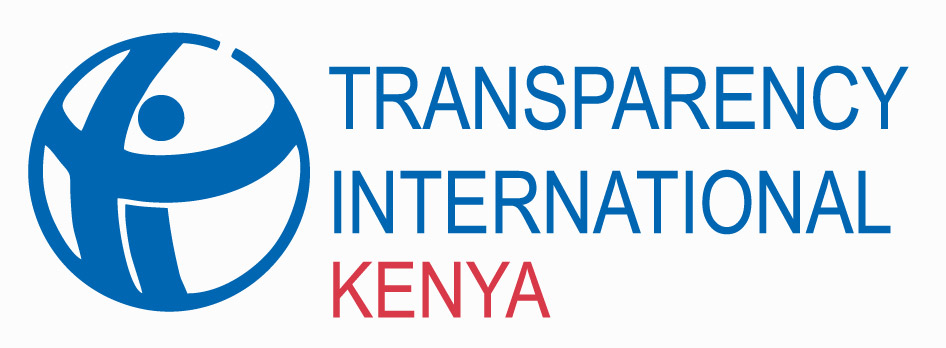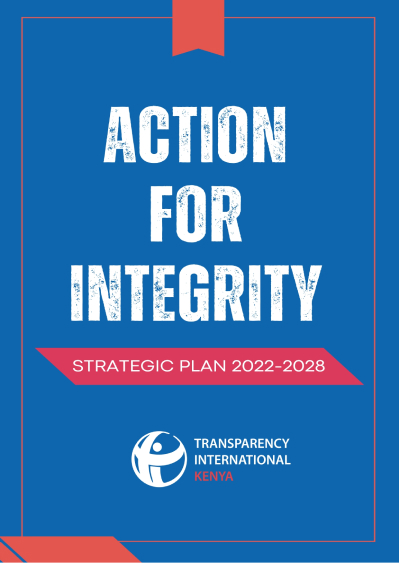On the 23rd of June every year, the world is called upon to remember and celebrate valiant individuals who risk life and limb to come forth to disclose information about corruption, misconduct, illegal activity, or other wrongdoings. But just six days before the World Whistleblowing Day this year, one of the whistleblowers of the ‘Maasai Mara Heist’ that came to light in 2019 was dismissed from duty, this action should bolster our collective resolve as Kenyans to insulate whistleblowers. The whistleblower of this case that saw the Vice-Chancellor among other Maasai Mara University officials charged for misappropriation of funds in 2020, Spencer Sankale, has undergone what immensely discourages most individuals from reporting corruption, and acts of reprisal.
Many individuals fear that they will face various forms of harassment if they report corruption or other wrongdoing, and for those that have made disclosures at the workplace, these acts of ‘payback’ may lead to more severe consequences such as the loss of employment. And it may not end here for Sankale if the relevant authorities such as the Witness Protection Agency, the Office of the Director of Public Prosecutions, Ethics and Anti-Corruption Commission, Commission on Administrative Justice, and others fail to come forward to ensure maximum protection for the patriotic and bold Kenyans that majorly veered out of their comfort and secure zones to disclose the heinous plunder of public resources that was being committed at the university.
Whistleblowers in Kenya have historically faced retaliation through harassment, dismissal from employment, threats to their lives and actual violence. Many recall the story of the late David Munyakei, the whistleblower in the Goldenberg scandal. He eventually lost his job at the Central Bank of Kenya and died a destitute, his family living from hand to mouth long before and long after his demise.
Reports published by Transparency International Kenya, including successive bribery indices, have shown that most Kenyans encountering corruption did not report it and reasons given for this include fear of reprisal. According to the Kenya Bribery Index, 2019, 87% of Kenyans that witnessed bribery incidents did not come forth with reports on corruption, with 20% of the respondents citing fear of intimidation or reprisal as the reason for holding back. This is a clear sign that Kenyans lack the much-needed confidence in reporting cases of corruption; without these reports, actions against corruption such as investigation and prosecution of corruption cases, and recovery of stolen assets become difficult.
Sankale’s ‘summary dismissal’ most curiously by the Chair of the University Council, proffers us a deep moment of reflection on what needs to be done to strengthen witness and whistleblower protection. Kenya still lacks a comprehensive policy and legislative whistleblower protection framework in place, even to ensure that brave individuals like Spencer, who risk their lives and those of their families, enjoy robust protection from all forms of retaliation for coming forth to report corruption or bear witness to ensure perpetrators are convicted and resources lost are recovered.
Kenya’s journey towards a comprehensive whistleblower protection policy and legislative framework has been long, going back to 2003 when Kenya ratified the United Nations Convention on Anti-Corruption (UNCAC), and in 2007 when it signed up to the African Union Convention on Preventing and Combatting Corruption. Both instruments require states to put in place policy and legal mechanisms to protect whistleblowers but Kenya still lacks an overarching law on whistleblower protection, although active advocacy for a whistleblower protection law commenced in 2013.
Provisions to safeguard persons who disclose information on corruption are scattered in the Constitution and fragmented in various laws. Some anti-corruption legislations cover aspects of whistleblower protection such as The Bribery Act (2016) which provides a definition of a whistleblower and the protection of whistleblowers and witnesses under the act, from harassment and intimidation, and proposes for the punishment of individuals that punish whistleblowers. The Anti-Corruption and Economic Crimes Act (2003) provides for the protection of informers while the Public Officer Ethics Act (2003) protects persons who are witnesses in relevant cases.
In 2015, a Task Force on the Review of the Legal, Policy and Institutional Framework for Fighting Corruption in Kenya recommended enactment of a whistleblower protection law. This prompted the drafting of the 2017 Whistleblower Protection Bill and a raft of legislative amendments to anti-corruption laws such as Access to Information and Bribery Act. Once again , the whistleblower protection bill has not made much progress which prompted 2 Members of National Assembly to sponsor the bills as private members bills (Whistleblower protection Bill 2017 and the protected disclosures bill 2019). The bills are at various stages at the National Assembly.
The National Ethics and Anti-Corruption Policy, Sessional Paper No. 2 of 2018, lacks an elaborate narration on a framework or mechanism for the protection of whistleblowers but it lists the formulation of a policy and legal framework for whistleblower protection, in a matrix which outlines the key interventions to breathe life into the policy. No timelines are committed for this task assigned to the Department of Justice.
It is time for Kenya to put in place appropriate and comprehensive protection and other measures to ensure the safety and well-being of those who bear their all to disclose and expose corruption scandals. It is pertinent that such a law provides protection from harassment, stigmatization, threats, and any other form of retaliatory action including dismissal, suspension, or demotion or other disciplinary action at the workplace. Whistleblowers like Spencer Sankale require not punishment, but unequivocal protection against adverse repercussions for putting his best forward for the public interest.
By Sheila Masinde, Executive Director, Transparency International Kenya


